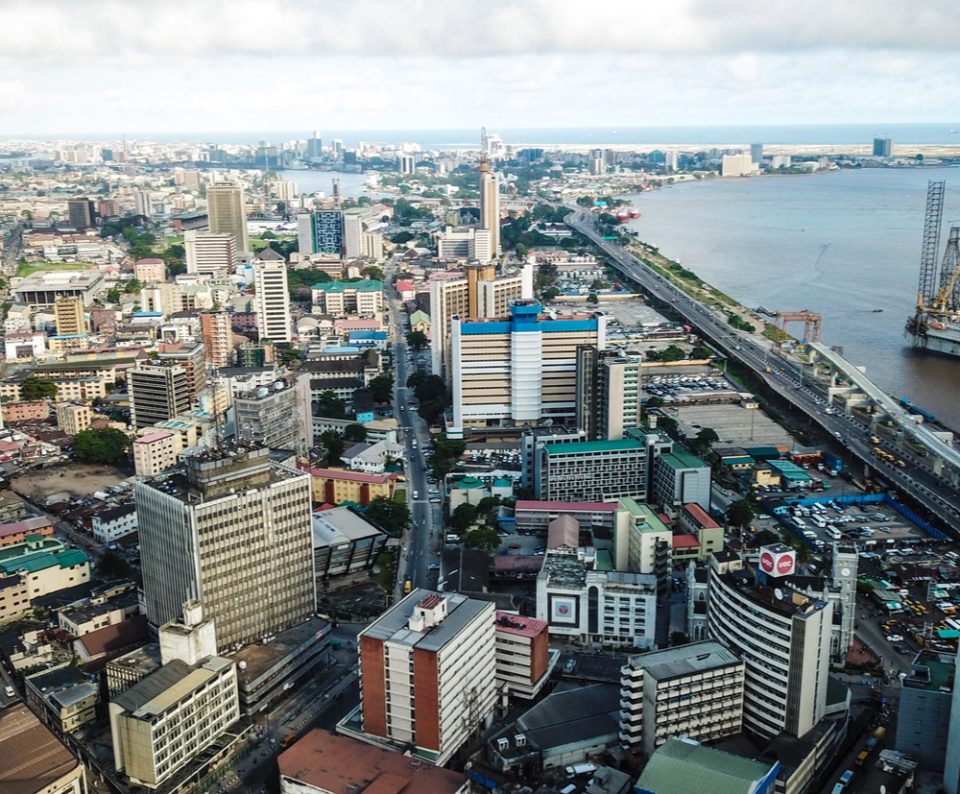The International Monetary Fund (IMF) predicts the Nigerian economy to face a sharper contraction of 5.4 percent, in contrast to its forecast of 3.4 percent in April. That said, global lenders expect the Nigerian economy to rebound by 2.6 percent next year.
In this context, the Nigerian economy might head recession impacting its lenders on a large scale. According to the World Bank, the country is at the risk of being destabilised on the back of the protracted pandemic. It might face the worst recession in four decades, media reports said.
The World Bank said, “Pressures in the external sector and the stress Covid-19 caused in global financial markets could destabilise Nigeria’s financial sector. The gradual lifting of restrictions may reveal a need for further market adjustment.”
With that, it anticipates annual inflation to climb to 13.8 percent by the end of 2020 from 11.4 percent in the previous year. This year, the economy is expected to decline 8 percent, with a rebound forecast of 3.4 percent by 2021.
Emerging economies are expected to contrast by 3 percent and advanced economies by 8 percent. The IMF said in its latest World Economic Outlook, “With the relentless spread of the pandemic, prospects of long-lasting negative consequences for livelihoods, job security and inequality have grown more daunting.”

